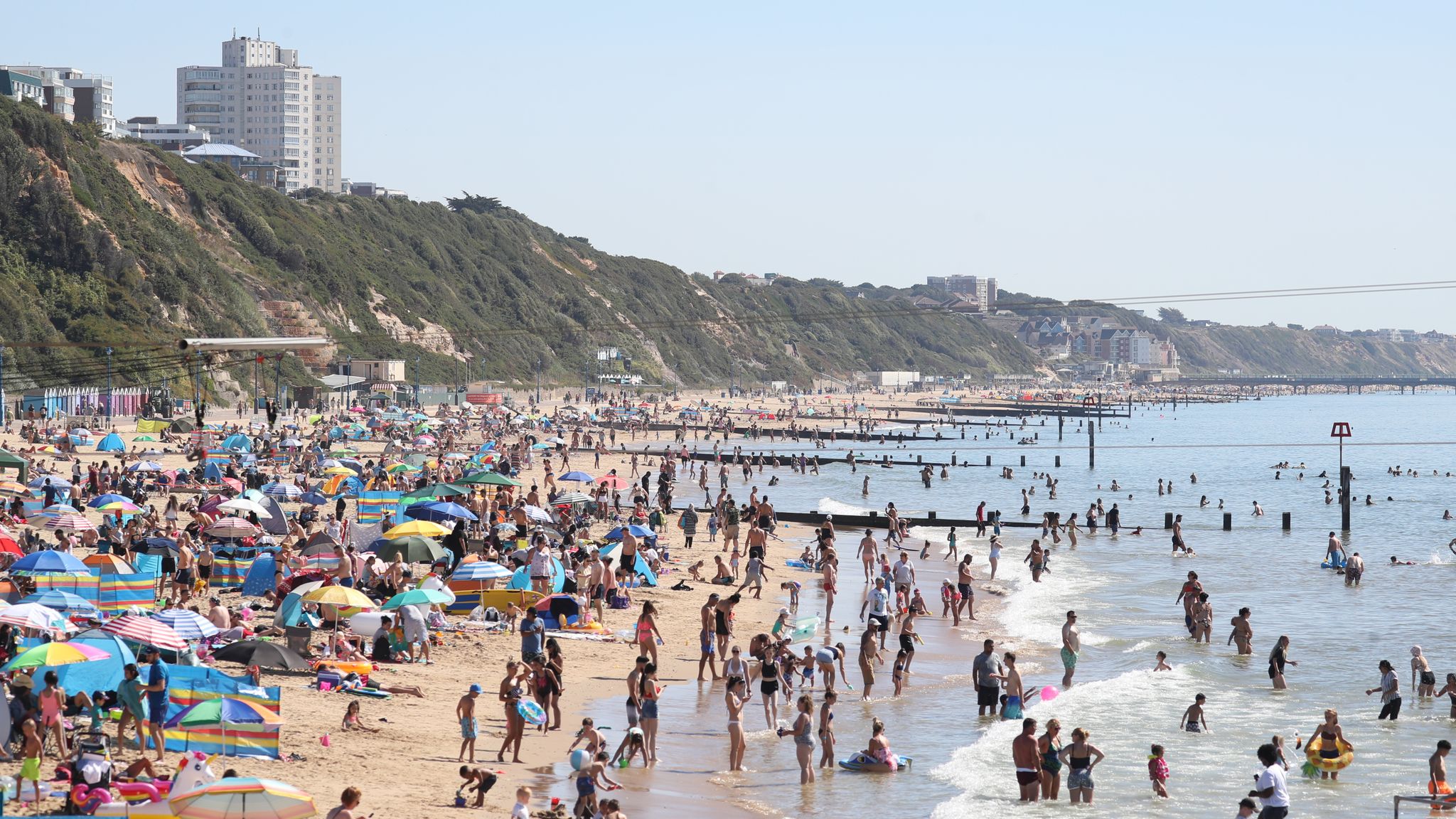Water companies discharged raw sewage into the sea near bathing water beaches in England and Wales almost 3,000 times in the past year, a report has found.
Surfers Against Sewage recorded 2,941 sewage pollution incidents in the 12 months to the end of September, including at popular bathing areas and beauty spots. At least one person needed emergency medical treatment due to becoming ill while in the water.
Water companies allow untreated sewage into the sea during periods of heavy rain to prevent sewers from backing up. The practice can cause pollution incidents known as combined sewer overflows (CSO).
He said: “This report demonstrates that rivers and oceans are being treated like open sewers as combined sewer overflows are used as a routine method for disposing of sewage, instead of in the exceptional circumstances under which it is permitted.
“Even worse, some – like Southern Water – are not even notifying the public when they do this so people cannot make informed decisions about their own health.
“This feels particularly horrifying in a year where we are all battling the Covid-19 pandemic, a virus that is being tracked through sewage works.”
SAS accused Southern Water of failing to send CSO notifications during the entire summer bathing season, between May and September.
A Southern Water spokesperson said: “An improved service is being finalised in consultation with stakeholder groups including Surfers Against Sewage. The new service uses improved software engineering combined with enhanced monitoring at our sites to speed the process of notification and reduce false positives.”
The conservation charity also singled out South West Water (SWW) as “the worst performing water company” for its number of CSO discharge notifications per 10,000km of sewerage network.
In response, a SWW spokesman said: “Inevitably, the report – which focuses on alerts rather than actual spill data – is biased against those water companies which are monitoring and sharing information more proactively.”
In addition, a respondent said they needed emergency care for severe abdominal pain after bathing at Mwnt Beach, Cardigan, Wales.
Campaigners are calling for a range of new measures including investment from water companies in sewerage infrastructure to eventually end the use of emergency sewage overflows.























































